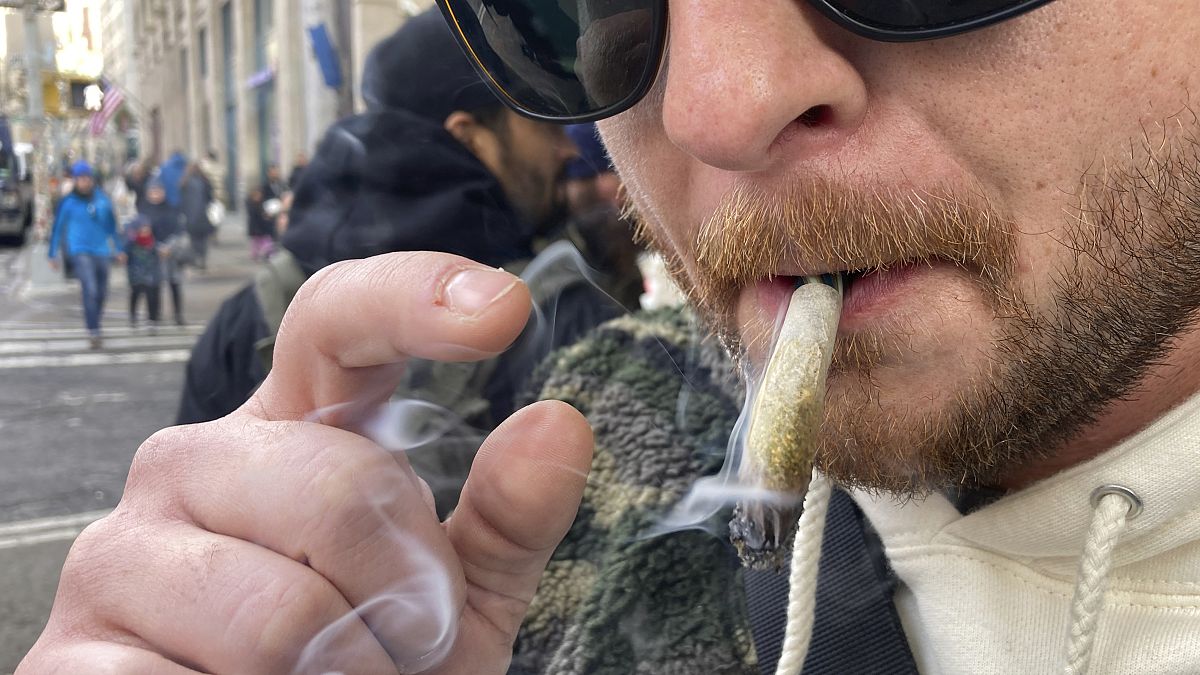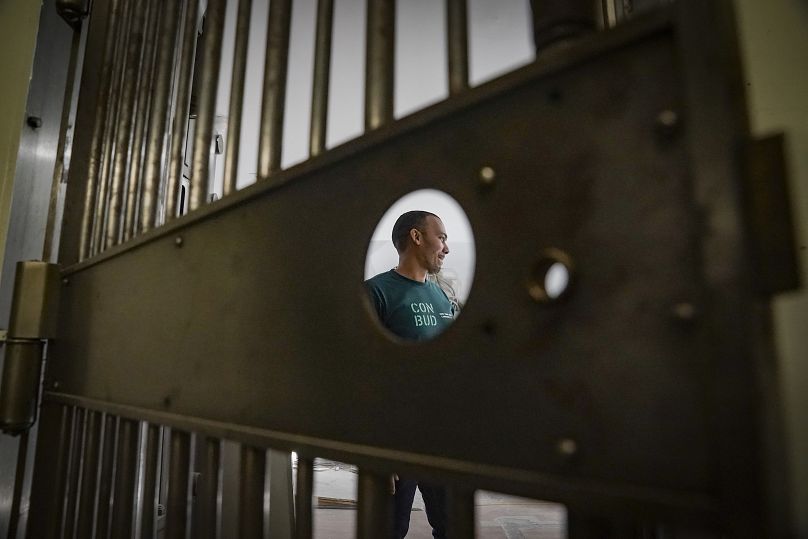The US state promised the first retail licences to previously convicted marijuana sellers. In most cases, it didn’t happen.
Only about two dozen marijuana dispensaries formerly convicted by New York authorities have opened their doors since legal recreational cannabis sales were launched in the state in December last year.
Officials promised many of the first retail licences to sellers with past drug convictions, hoping to give them a chance to succeed before competitors crowded in.
However, legal challenges over the state's permitting process have left more than 400 provisional licensees in limbo. Marijuana farmers are also staggering because there are too few stores to sell their harvest.
Amid these troubles, New York regulators are now expanding the market. They recently opened up a 60-day general application window to grow, process, distribute or sell marijuana, expecting to issue more than 1,000 new licences.
The move should boost the number of legal dispensaries in a market now dominated by illegal sellers who simply opened retail stores without permission.
‘They have all the money to bleed us out’
New rules also will allow companies licensed to grow and sell medical marijuana in the state to get into the recreational market.
But the prospect of competing with medical providers worries some farmers and retailers who fear being squashed by deeper-pocketed companies.
“My concern is that they have all the money to bleed us out,” said Coss Marte, who is opening a dispensary in Manhattan next week, after it was pushed back by a lawsuit against New York regulators.
“They’re vertically integrated. So, they could grow their own product at the cheapest price and basically outbid all the farmers, all our products and all our pricing,” he added.
CONBUD, Marte’s shop, was among those temporarily blocked by a judge from opening after a group sued on behalf of disabled veterans, saying they were wrongly excluded from applying for a licence. So Marte, who has a past drug arrest, was left paying rent on a store he could not open.
A judge recently ruled that CONBUD and several other shops could open. But they didn’t all get the same luck.
Balancing equity and competition
Like many other provisional licence holders, after months of delays in opening his store, Carson Grant was debating whether to reapply for a licence again in this 60-day general round. “It's very difficult,” he said.
Reginald Fluellen, senior consultant to the Cannabis Social Equity Coalition, accused the state of a botched rollout.
“They’ve failed miserably in providing the justice-involved individuals the kind of head start in the market that they promised," Fluellen said.
To guard against monopolies, the medical providers will be limited to three retail outlets. And in a nod to farmers, their shops will initially have to devote half their shelf space to products grown and processed by independent businesses.
Still, critics say regulators should have allowed more time for economically and socially diverse entrepreneurs to succeed before letting in larger competitors.
Office of Cannabis Management executive director Chris Alexander said the new regulations maintain New York’s commitment to social and economic equity, while making the market more competitive.
Alexander acknowledged there was some “frustration” in getting retail stores open, but added that the state has shown that a market supplied by small farmers can work.
"We've got some of the top-performing dispensaries in the country right here in New York," he said.
And there’s still room to grow. Regulators have estimated New York will eventually require at least 2,000 dispensaries to meet demand.




